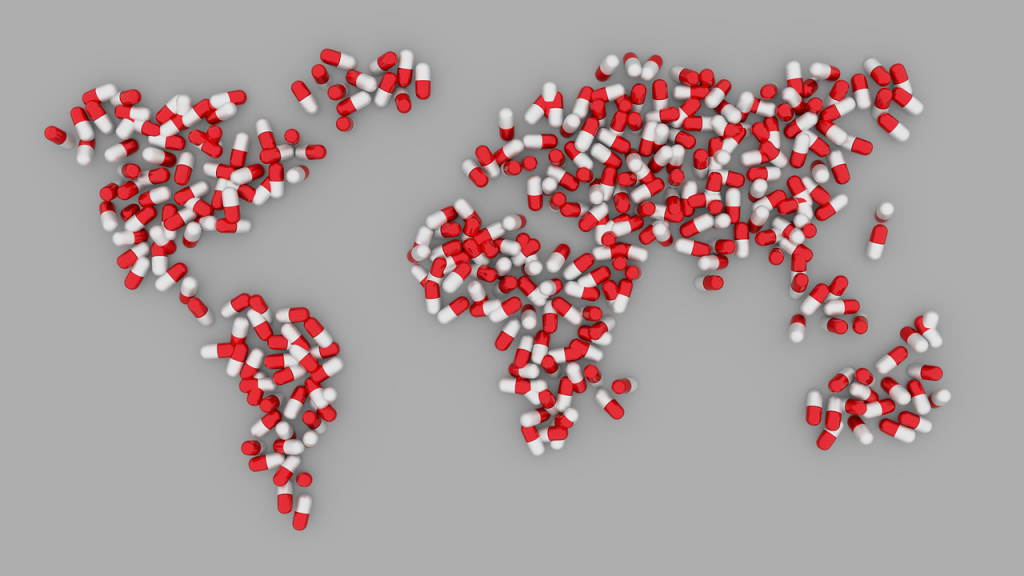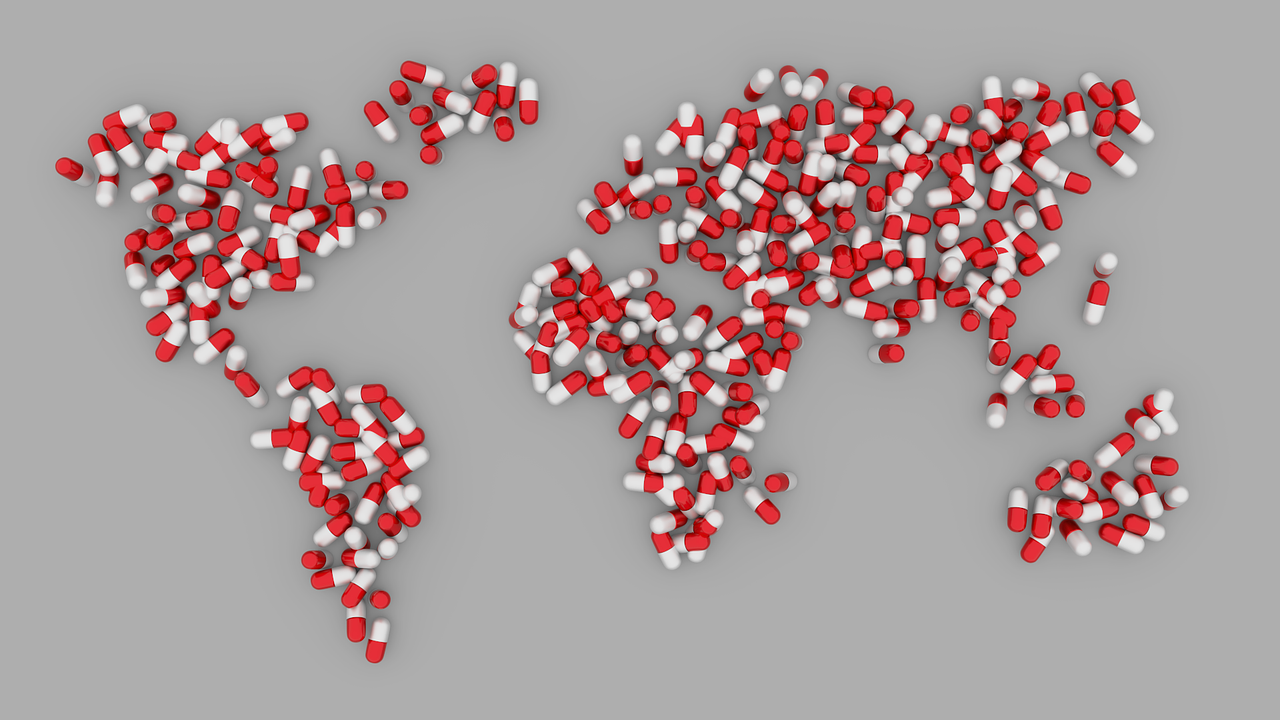Project Description
Ensuring globally equitable innovation and access to medicines is a major challenge for global health governance, and is now recognised as a problem across high-, middle- and low-income countries. Access to safe, effective, affordable medicines is a necessary component of universal health coverage; it can alleviate suffering, prevent disease and save lives. However, high prices of effective new medicines can restrict patient access and threaten the sustainability of health systems. At the same time, many health technologies urgently needed to address public health needs have not been developed or offer limited benefit over the status quo. There is growing interest in new approaches to the research & development (R&D) of health technologies. Research, evidence and analysis are important for informing policymakers, analysts, advocates and the public about measures to address innovation and access challenges. However, such information is not always available, may not be easy to digest, nor readily translated into evidence-based policy. Significant gaps in the knowledge base persist. The Knowledge Network for Innovation and Access to Medicines was created to maximise the contributions of research and analysis to producing public health needs-driven innovation and globally-equitable access to medicines. It seeks to do so by: making the existing knowledge base more widely available and accessible to policymakers, practitioners, advocates and the public; identifying and helping to fill information and evidence gaps; strengthening two-way flows of knowledge between the research and policy communities, including by engaging underrepresented voices.
The project has developed concise syntheses of the state of knowledge on various policies seeking to improve innovation and access to medicines, along with data sources. It organises regular webinars presented by lead authors to make recent, policy-relevant research more accessible to a broad global public audience. And it convenes regular workshops and meetings to identify important information and evidence gaps, facilitate research collaborations, and strengthen networks.












